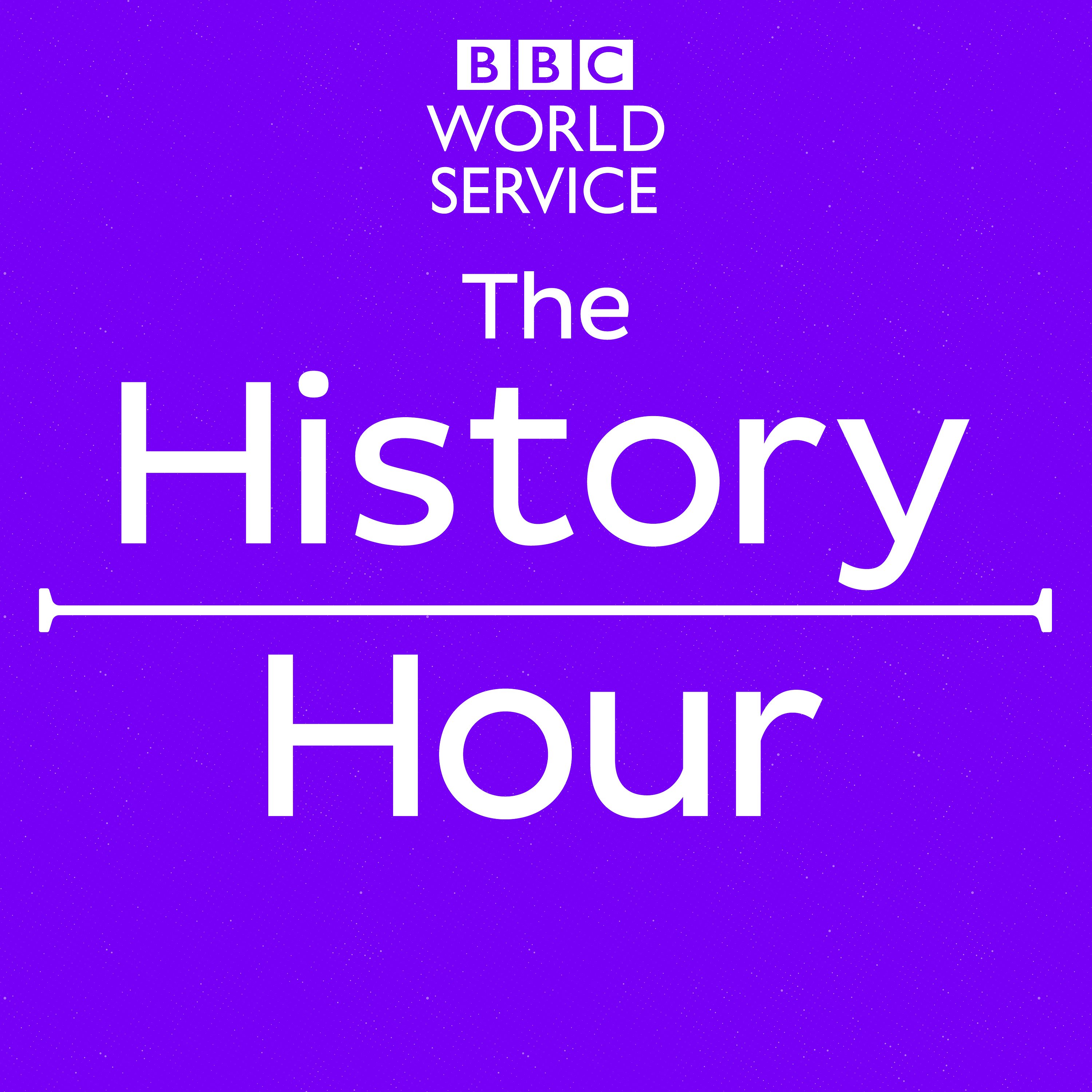- History
- SEE MORE
- classical
- general
- talk
- News
- Family
- Bürgerfunk
- pop
- Islam
- soul
- jazz
- Comedy
- humor
- wissenschaft
- opera
- baroque
- gesellschaft
- theater
- Local
- alternative
- electro
- rock
- rap
- lifestyle
- Music
- como
- RNE
- ballads
- greek
- Buddhism
- deportes
- christian
- Technology
- piano
- djs
- Dance
- dutch
- flamenco
- social
- hope
- christian rock
- academia
- afrique
- Business
- musique
- ελληνική-μουσική
- religion
- World radio
- Zarzuela
- travel
- World
- NFL
- media
- Art
- public
- Sports
- Gospel
- st.
- baptist
- Leisure
- Kids & Family
- musical
- club
- Culture
- Health & Fitness
- True Crime
- Fiction
- children
- Society & Culture
- TV & Film
- gold
- kunst
- música
- gay
- Natural
- a
- francais
- bach
- economics
- kultur
- evangelical
- tech
- Opinion
- Government
- gaming
- College
- technik
- Jesus
- Health
- movies
- radio
- services
- Church
- podcast
- Education
- international
- Transportation
- Other
- kids
- podcasts
- philadelphia
- Noticias
- love
- sport
- Salud
- film
- and
- 4chan
- Disco
- Stories
- fashion
- Arts
- interviews
- hardstyle
- entertainment
- humour
- medieval
- literature
- alma
- Cultura
- video
- TV
- Science
- en
The Eyjafjallajokull volcano eruption in Iceland and EpiPen invention

b'
Max Pearson presents a collection of this week\\u2019s Witness History episodes from the BBC World Service. Our guest is Professor Jenni Barclay from the University of East Anglia in the UK. She tells us about some of the most significant volcanic eruptions in history.
We start with the eruption of Eyjafjallajokull in 2010, which caused air travel to stop across Europe. Then, memories of the Bolivian Water War in 2000.
In the second half of the programme, we hear how the EpiPen was invented by Sheldon Kaplan. Plus, how Rosalind Franklin\\u2019s research helped determine the structure of DNA. Finally, the discovery of the ancient city of Thonis-Heracleion, underwater off the coast of Egypt.
Contributors:\\nSigrun Hreinsdottir - scientist who saw the eruption of Eyjafjallajokull.\\nJenni Barclay - professor of volcanology at the University of East Anglia, UK.\\nOscar Olivera - union official who led Bolivian Water War protests and negotiations.\\nMichael Kaplan - son of Sheldon Kaplan, inventor of the EpiPen.\\nMichael Mesa - colleague of Sheldon Kaplan.\\nJenifer Glyn - sister of scientist Rosalind Franklin, who helped discover the structure of DNA.\\nFranck Goddio - underwater archaeologist who discovered Thonis-Heracleion.
(Photo: Eyjafjallajokull erupting in 2010. Credit: Reuters/Lucas Jackson)
'